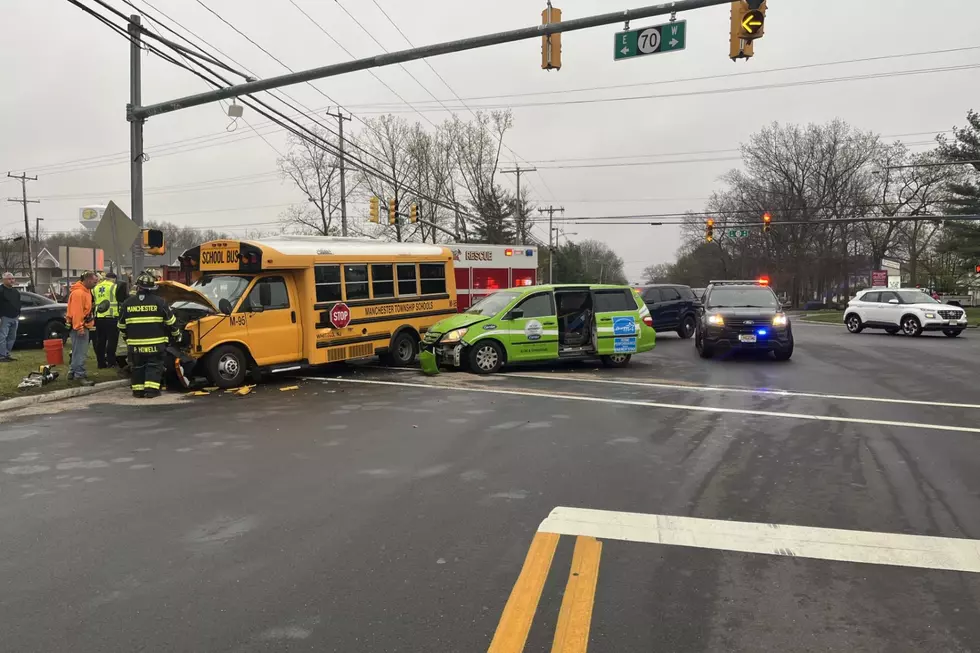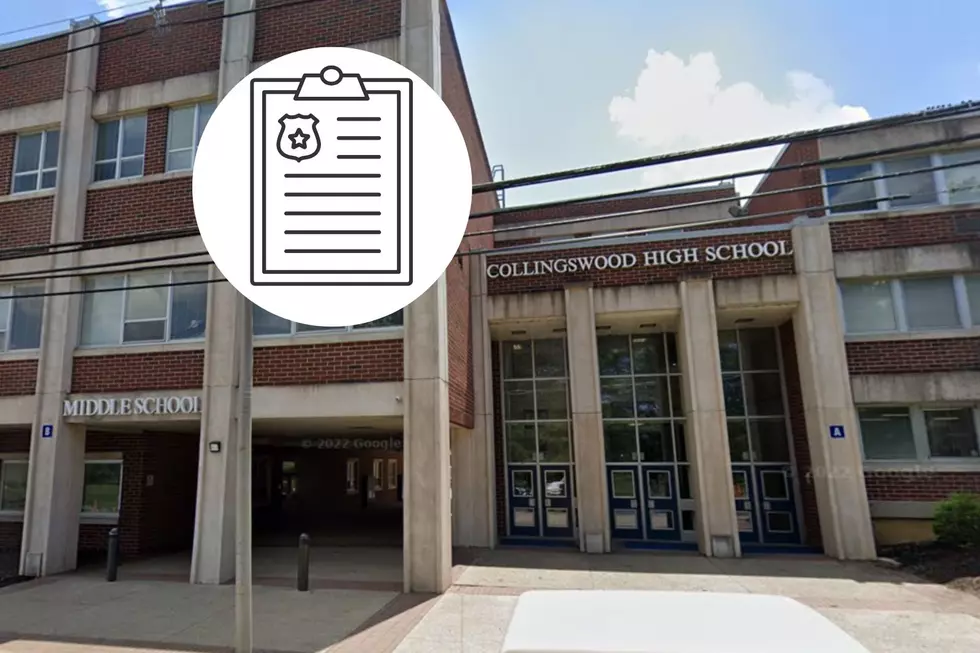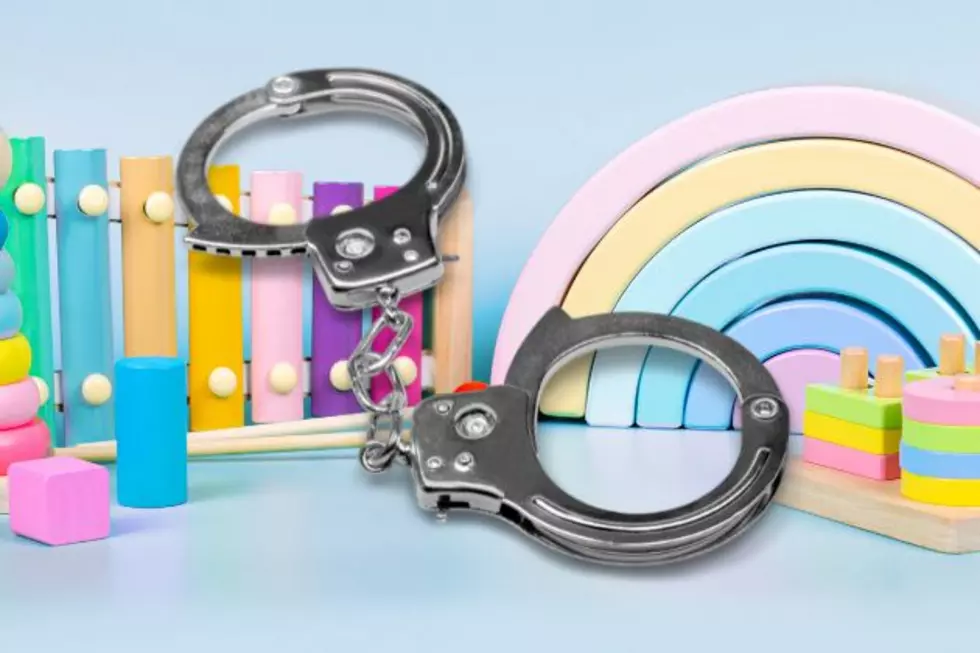
What you need to know about New Jersey’s emergency rules of the road
If you see a vehicle come up behind you with a flashing blue light, do you know what it means and what you’re supposed to do?
Most New Jersey residents are aware that a flashing red light on police car, a fire truck or an ambulance means pull over and let them get through. But many folks seem to be confused about the significance of the blue light.
“If an individual has registered with the state and has a permit to have a blue light and they’re responding to an emergency, non-emergency vehicles are required to pull over when safe,” said Sgt. Jeff Flynn of the State Police.
“What that blue light is doing is it’s notifying non-emergency vehicles that they’re responding to an emergency and that they should pull over when safe to allow them to pass, and this is important because they’re responding to fires, they’re responding to medical emergencies. It could be your friend, it could be your loved one. They’re trying to get there quickly to save lives.”
At the same time, however, he pointed out “emergency personnel who are operating with blue light do have to follow all the traffic rules still. That’s speeding, stopping at stop signs, red lights — that sort of thing. They are still bound by all traffic laws.”
New Jersey law stipulates all motorists must yield to emergency vehicles when they sound sirens and/or flashing red and/or blue emergency lights. A motorist should steer to the extreme right of the roadway, stop and wait for the vehicle to pass. Afterward, the motorist should keep at least 300 feet behind a signaling emergency vehicle.
Failure to comply with regulations concerning emergency vehicles can result in a fine ranging from $50 to $200, or imprisonment not exceeding 15 days, or both.
Additionally New Jersey’s Move Over law requires that all motorists approaching a stationary, authorized emergency vehicle that is displaying a flashing, blinking or alternating blue light must change lanes, safety and traffic conditions permitting, into a lane not adjacent to the authorized vehicle. And if a lane change is impossible, prohibited by law or unsafe, the driver must reduce the speed of his/her vehicle to a reasonable and proper speed that is lower than the posted speed limit and be prepared to stop. Fines for disregarding the Move Over law can range from $100 to $500.
More From New Jersey 101.5 FM









